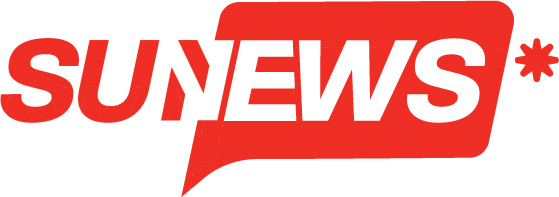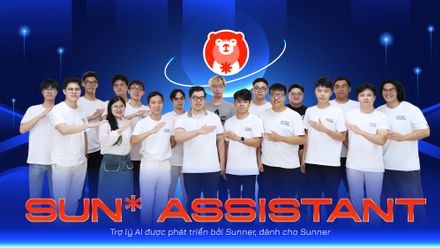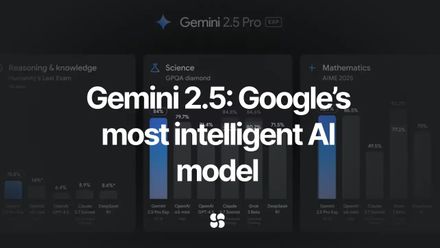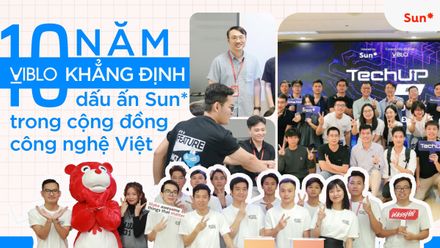The Viblo platform
Having succeeded in establishing credits with Sunners in particular and the Vietnamese IT community in general, Viblo has claimed its position as a credible channel for exchanging information and technological knowledge in Vietnam. Not just that, the members of the R&D Unit is developing a “Viblo ecosystem” with the initial step of the launching of Viblo Code and Viblo CV, with many promising and useful functions and applications in the future of a “made in Sun*” system.
What products are there in the Viblo platform?
Viblo, the first product in this “ecosystem” has its main function of sharing knowledge and forming an environment for exchange and knowledge acquisition for the IT community. After years of development, Viblo expands its range of functions to serve the main target group, the programming community in Vietnam. One noteworthy addition is the new Q&A function. Once logged in, all users can ask questions about a particular problem to receive responses from other members, similar to Yahoo Ask in the past. With its effort in innovation, Viblo became better and better, attracting many people’s attention.
This development process encourages R&D Unit to create new functions, but instead of letting Viblo “expand”, the company aims at creating whole new services with independently operation group to serve specific demands of users, thus launches two new products: Viblo Code and Viblo CV. At this point, after the changes and additions of new functions, the two mentioned products are introduced smoothly into operation.
About Viblo Code, this is the first service developed in this model. before its release in March 2019, Viblo Code had a long test run to receive feedbacks from the users and make amendments for completion. Nói đến Viblo Code, đây là dịch vụ đầu tiên được phát triển theo mô hình này.
“The new brainchild” of the R&D Unit allows programmers to sharpen their skills on Coding as well as their Problem solving mindset. Through the Challenges of Viblo Code, you will have more chance to practice using and optimizing algorithms with your favorite programming languages. There is a system of exercises, and when users successfully solve these issues they will receive a corresponding number of points and a leaderboard is formed for rank assessment.
Also, Viblo Code also have a “Contest” function - support for online competition. This function is used by the Da Nang HR Unit to successfully organize the Code Challenge program in last April. Viblo Code is also used to test candidates for the R&D Unit. Individuals with high points and ranks will have an advantage with more chances to be recruited. In the future, when the system is bigger with more users, this method can be officially used in the general recruitment standard.
In Vietnam, the Viblo Code model is not the newest, there are even some identical sites that have been developed for a long time. However, not all platforms can support contests, or even many point modes for different forms of contest, and this can be an outstanding advantage when mentioning Sun*’s products.
Viblo Code’s main target is students, while not all are good at English, so developing both English and Vietnamese is also a well-received and attractive factor of this product.
Next up is the launch of Viblo CV in May 2019. This is a site that allows users to put in personal data as suggested, the system will automatically generate CVs in different templates from the Viblo team. You won’t need to know about design, struggle with the layouts or which information is suitable to create your own “professional” CV.
In the market, there are some websites with the mentioned function, notably TopCV, but Viblo CV is quick at demonstrating its advantage of user-friendly experience, easy to operate and edit. The templates are optimized for positions in the IT field with quick and easy transition between CVs. Also, the users will not be limited of the number of available CV to create and to share. On the other hand, sites like TopCV will go after commercialization and selling human resource data, so the user data will be sold to the companies on demand.
For Viblo CV, members can be ensured that their personal information will not be automatically extracted.
The Viblo ecosystem under the view of technology
Among the services by Viblo Platform, as many have known, Viblo is the most long-lived service and the most complicated in terms of technical.
Currently Viblo operates its production with 2 servers, and the services run completely in Docker, with the use of Swarm orchestration. Since it is deployed by Docker, Viblo has some changes compared to the other traditional Lavarel (PHP) projects, like using Traefik instead of Nginx as the main proxy server. Viblo is also using the Prometheus + Grafana duo to monitor resources on server production and Portainer to monitor the situations of the Swarm Node as well as the running Docker Container.
On backend structure, Viblo uses the Single Page Application model, to optimizing site loading performance and meet the demands of Search Engine Optimization or Social Media Sharing. It means that Viblo has sevices to render frontend, use Nuxt.js, run together with the service API on Lavarel.
Viblo Code also follows the Micro Services model, similar to Viblo, with almost identical technologies. However, aside from services on Server Side Rendering, service API ..., the Viblo Code team also focuses much of their human resources on developing service code runner, to solve the issue of user-sent code running in a completely isolated environment (within Docker Container), and this service is written in Golang.
Viblo CV is the latest service in the Viblo ecosystem. Just like Viblo Code, Viblo CV is developed by a team independent from the Viblo developers. In terms of technology, the potentially most noteworthy point is the fact that Viblo CV uses ReactJS to write front-end instead of Viblo and Viblo Code.
Future development orientation
Viblo Platform includes 3 main services, Viblo, Viblo Code and Viblo CV. Currently, all 3 products use Single Sign On, so that people can use one single login account managed by the Viblo Accounts service (https://accounts.viblo.asia/). In fact, the data of 3 services are not shared, they operate as individual systems.
In the future when the number of users increase and they can truly stay active on these platforms, the company will have a plan on initiating cross-exploitation of data. For example: using data from Viblo CV, Viblo Code to develop the suggestion system on Viblo. In particular, if on Viblo users can update that they are interested in PHP, Rubi...when they sign in to Viblo, the system will suggest related articles.
Seeing the potentiality and development rate of this ecosystem, there are many advertisement companies has proposed to set up their banners and promotion information on Viblo products, but Sun* directly refused. The reason is that all 3 products are all free, aiming at contributing to the community without commercialization. This is also the general direction of most of the products from the R&D Unit to promote the branding of the company. And surely in the future, the Viblo “ecosystem” will develop and expand further to bring better functions for the IT community.

 VI
VI EN
EN



